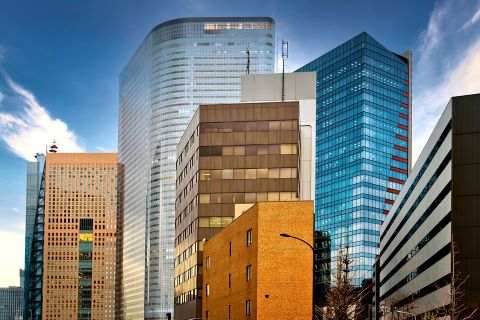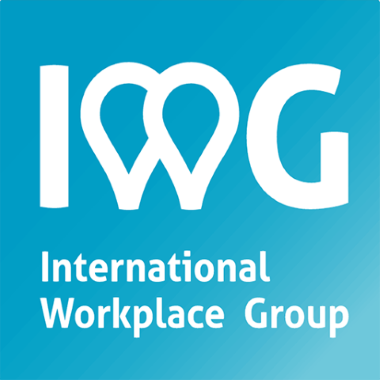
According to a 2025 report by the International Workplace Group, Japan’s capital, Tokyo, has topped the list as the world’s best city for a “workcation”.
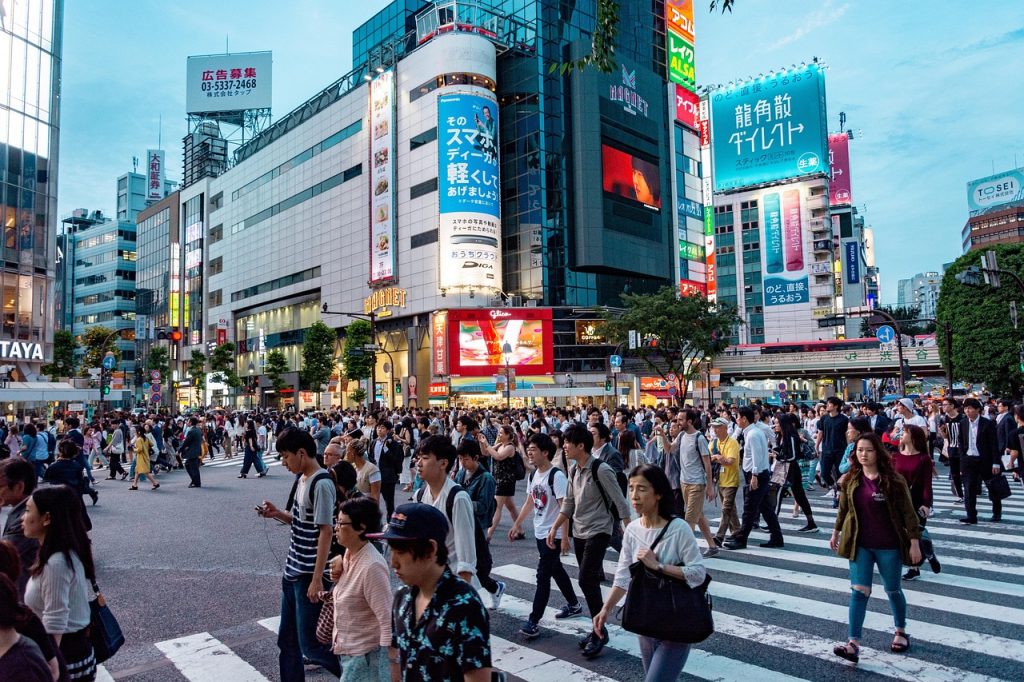
The findings are included in the third annual “Work from Anywhere Barometer” by IWG, which lists the best places for workcations, or places where tourists may combine work and play, worldwide. According to the research, Tokyo ranked first due to its “exceptional” broadband speed, transport system, safety, culture, and recently launched digital nomad visa.
Furthermore, the city “benefits from proximity to mountains, coastal regions, and national parks – ideal for hybrid workers seeking an exciting urban atmosphere alongside natural escapes,” according to IWG. The group used the following 12 criteria to rank 40 countries on a scale of 1 to 10: Climate, lodging, food, transportation, and subsistence (the typical cost of a cappuccino in the city’s expat neighbourhood), happiness, speed, and broadband, the availability of adaptable work environments, cultural quality, the cost and availability of a visa for digital nomads, and being close to mountains, beaches, or national parks and sustainability.
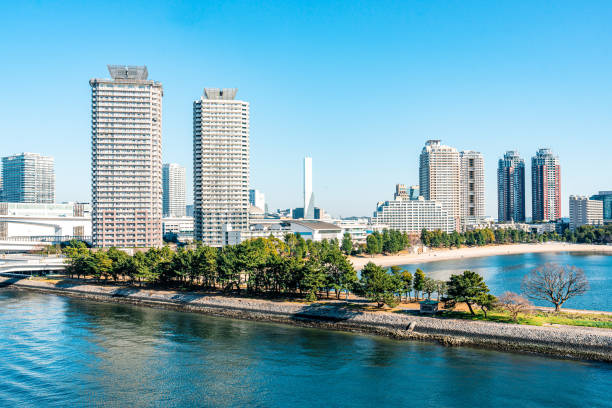
In addition to being close to beaches, mountains, or national parks, the digital nomad visa is a new requirement that allows professionals to live and work remotely while living outside of their country of permanent residency. According to this year’s survey, 86% of hybrid workers said that having flexible workspaces was a key factor in their decision to go somewhere. The founder and CEO of International Workplace Group, Mark Dixon, stated that, “Thanks to hybrid working and cloud technology, employees now have the freedom to work wherever and whenever suits them best.”
Other top cities for “workcations” in 2025 are as follows: Rio De Janeiro, Budapest, Seoul, Barcelona, Beijing, Lisbon, Rome, Paris and Valletta.
Rome, Paris, Tokyo, Seoul, and Valletta are recent additions to the list. Seoul’s “ultra-fast internet, efficient public transport, and a thriving digital nomad community supported by South Korea’s digital nomad visa” are the reasons it made the list, the survey said. Budapest is still a popular option based on its gastronomy and happiness index, despite falling from first to third place. The top ten Asian cities for work vacations are also listed in the survey, including Singapore, Jakarta, Manila, Mumbai, and Hong Kong.
Due to its excellent ratings in areas like cuisine, happiness, broadband speed, and sustainability, Singapore continues to be a favourite among hybrid workers. Its “island-wide 5G network coverage and seamless urban mobility” as well as its green areas were highlighted in the research. Despite being well-liked options, Barcelona, Beijing, and Lisbon were not included in this year’s list. The survey identified several new workcation destinations, including Mexico City, Cape Town, Prague, Melbourne, Orlando, and Reykjavik. They performed well on factors like being close to nature and having a digital nomad visa.
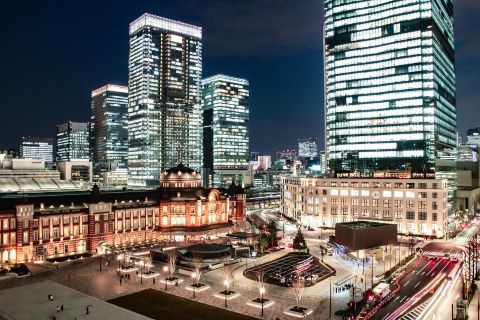
“This trend is here to stay with many companies adopting flexible working and work from anywhere policies, particularly over the summer months for the long-term, which not only improves work-life balance and reduces burnout but also delivers significant productivity gains,” Dixon said.



